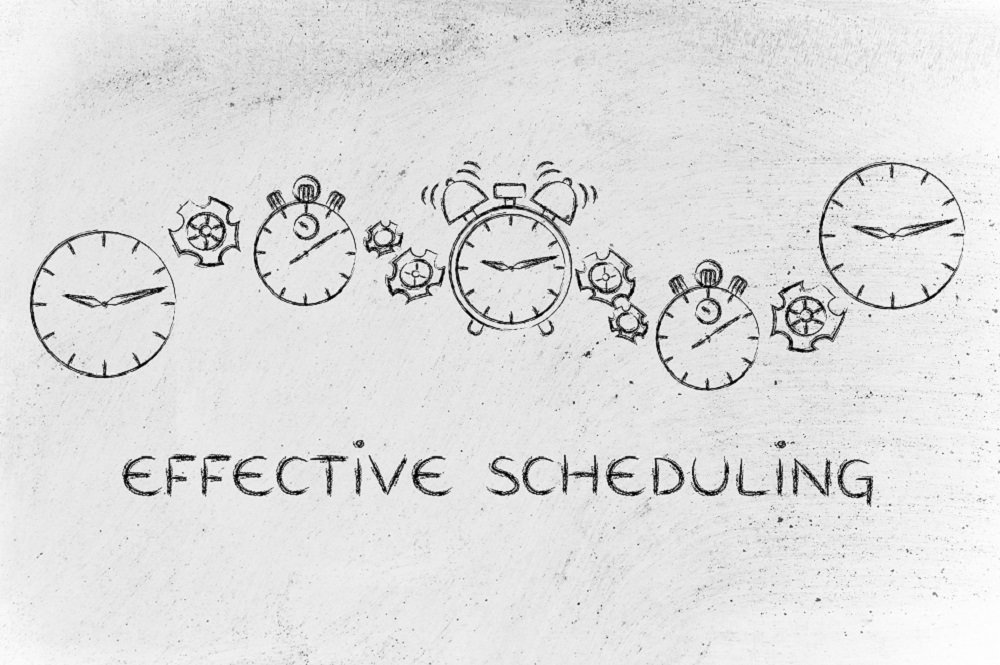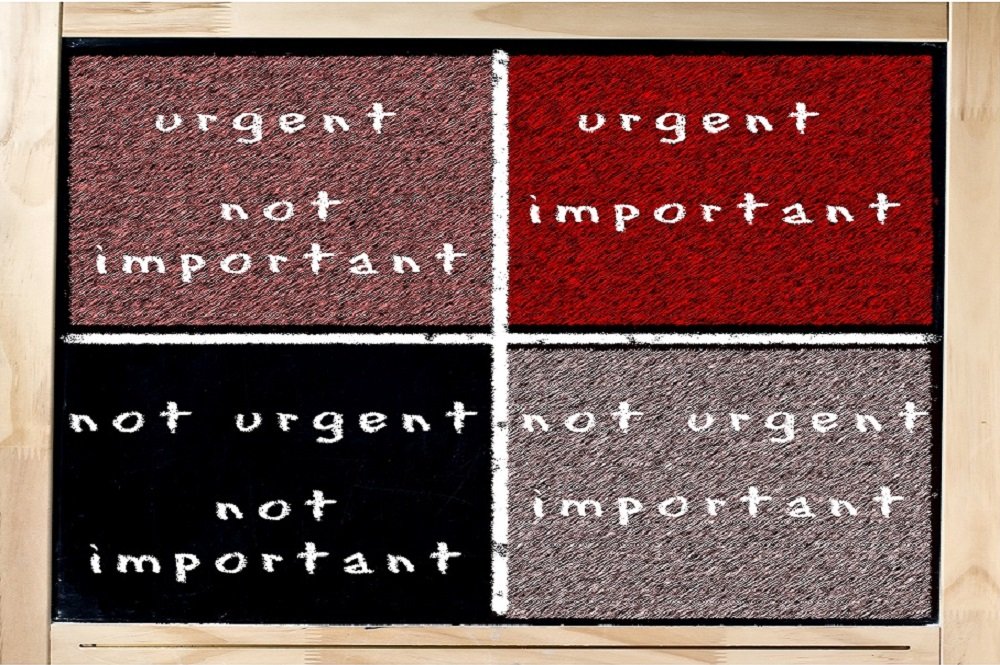- Home
- 7 Steps of Goal Setting
- Career Goal Setting
Know where you are heading - Five step guide to career goal setting
Knowing where to spend your efforts in life is tough – I hear many in their thirties, forties and fifties saying, “I’m still trying to work out what I want to do when I grow up.” Career goal setting can be why one person loves their work and moves forward in their career while the other find their work stressful and lacking purpose.
The key to lighting up your career path is to first determine what matters to you – the values that will keep you getting out of bed each day with a desire to do what you are about to do.
Kevin Cashman in his book, “Leadership from the inside out,” (a great read) tells this story about a priest in pre-revolutionary Russia who when walking down a road was confronted by a soldier.
The soldier, aiming his rifle at the priest, commanded, “Who are you? Where are you going? Why are you going there?” Unfazed, the priest calmly replied, “How much do they pay you?” Somewhat surprised, the soldier responded “Twenty-five kopecks a month.” The priest paused, and in a deeply thoughtful manner said, “I have a proposal for you. I’ll pay you fifty kopecks each month if you stop me here every day and challenge me to respond to those same three questions.
Most of us don’t have a soldier at our disposal and so need to take responsibility for our own direction.
Unlocking your values – the drivers that lie at the core of your life preferences is critical. Without knowing and accepting these as part of your makeup and therefore integrating these values into your work life, the decision to get up and go to work becomes more and more difficult as we become more and more distanced from the reason we are doing the work at all.
Value Clarifications template
Download our free Values clarification Template. Take your time on it and review where you stand from time to time. To say your life depends on it sounds melodramatic but in a sense it is true. Not knowing where you are going starts with not matching your future to the things you care about.
Do you want a high-achieving job? What does achievement mean to you?
Would you like meaningful work that gives you a great deal of satisfaction? What gives you satisfaction?
Would you like a better paying job or would you forego money for a job with less stress?
In the light of the values you hold, you are now ready to implement this five step blueprint to setting and achieving your career goals.
5 steps to career goal setting
The 5 steps to your career goal setting plan include:
- Developing a clear vision of your career.
- Writing your long term career goals down.
- Identifying the actions that support your long-term career goals.
- Developing short-term goals.
- Identifying and reviewing next actions.
1. Gain clarity on your career vision
What do you want out of your career? Brainstorm your career goals by asking yourself these three questions.
- What is your dream job?
- If you couldn’t fail, what would you want to do?
- How do you want to be remembered for the work that you do?
One way to do this is to practice 'No Limit' Thinking. Wave a magic wand over your career and allow yourself to practice 'no limit' thinking. Imagine a vision of your perfect career.
- What would you be doing?
- Who would you be working with?
- What is your level of responsibility?
- What types of skills do you need? No limit thinking can allow your true career goals to emerge.
These goal setting activities are right-brain activities that help you to develop a clear personal vision which is the foundation for setting and achieving your career goals.
2. Pen your career goals
You've dreamed big and now that you have a vision that is grounded in your values, it is time to set some concrete goals.
Download your career goals worksheet. (PDF file)
Identify one value or intention and write a long-term goal that reflects this value or intention. By putting your goals onto paper you transform your goals from the abstract to the concrete!
Concrete goals force you to think in a specific manner about your goal, and whether or not you are willing to make the effort to achieve your goals.
Consider career goal setting software
If all of these forms sound like a lot of work (and paper)...you are RIGHT. But the benefits are rewarded 10-fold. However, a better option for you may be goal setting software.
TIP: Try to make this a SMART goal. SMART goals is an acronym for setting goals that are specific, measurable, action-based, realistic and time-bound.
For example, setting the goal:
- "I want to be a good salesperson" is a general goal and could be made more specific such as "I want to increase sales by 50%."
The advantage of a specific goal is that it gives you something clear to aim for and is easily measurable.
3. What actions support your career goal setting?
Now that you have set a long-term career goal it is important that you identify what actions support your goals on the same goal setting form.
Ask yourself the following questions:
- What strategies or plans can you put into place that will help you to achieve your career goals?
- Do you need to learn new skills? Do you want to manage your time better?
- What activities/actions move you toward your long-term career goals?
This forms the basis for setting your short-term career goals which are the building blocks to long-term success.
4. Set short-term career goals
To achieve career goal setting success it is important to break your goals into manageable, bite-sized chunks. Successful career goal setting involves making short-term goals out of your long-term career goals.
If you can think of the top of a staircase as achieving your long-term goals, each step can be thought of as a short-term goal. Each step up the staircase is the completion of a short-term goal that takes you a step closer to your ultimate goal.
So the general goal of a sales manager can be made into a number of more specific short-term goals. For example, it may include:
- exceeding the monthly sales quota
- opening 2 new accounts per week
- improving selling techniques
- completing paper work on time
What is important is that you brainstorm a list of short-term goals that enable you to reach your long-term goals. These goal setting templates are beneficial to brainstorm your short-term career goals.
5. Create your goal setting plan for success
Each
short-term goal has a number of actions that need to be completed to achieve
your short-term goal. In your plan of action, consider:
These can all be recorded in your short-term plan. Download your free short-term career goal plan (PDF file).







New! Comments
Have your say about what you just read! Leave me a comment in the box below.